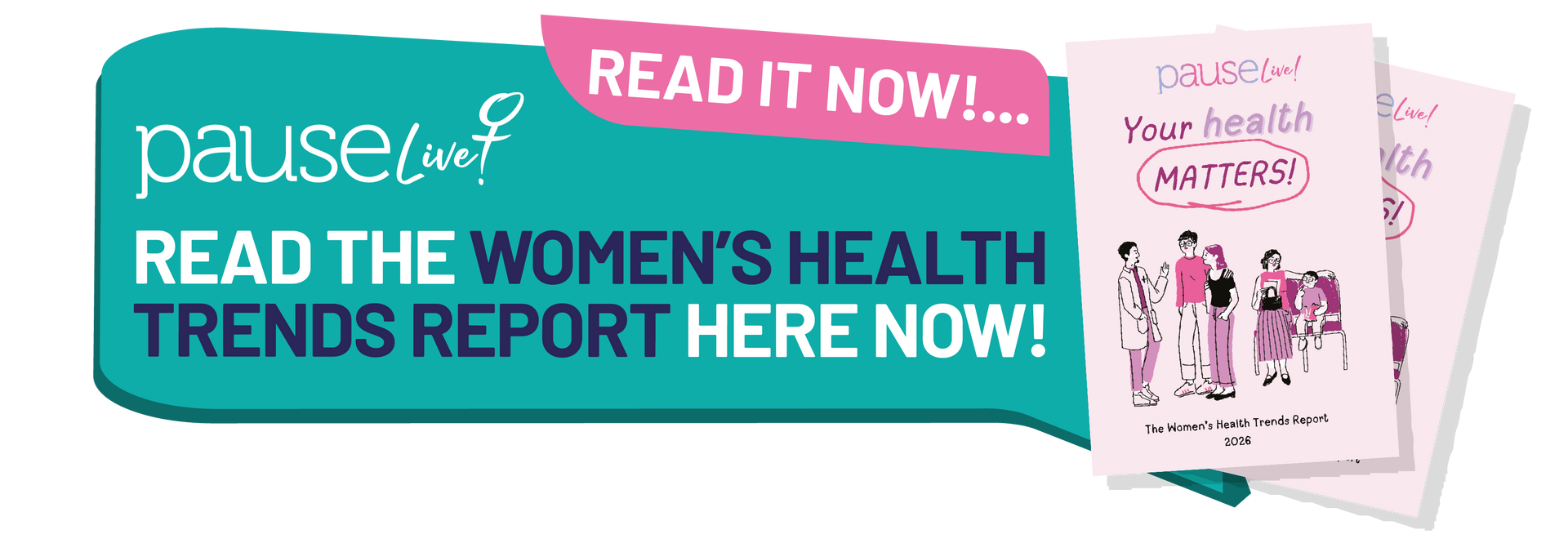Length of menopause
Menopause is something every woman will go through at some stage in their life. It marks the end of your fertile years as hormone levels decline and you stop producing eggs (and having a period) each month.
Menopause can affect women in many different ways with symptoms including brain fog, hot flushes, mood changes, vaginal dryness, decreased libido, anxiety, weight gain, headaches, muscle ache and joint pain all having a huge impact on both physical and mental health.
How old are you when menopause starts?
There’s no exact age for when menopause starts – it’s different for every woman – but research suggests that the average age is 51.
Symptoms can start way before this, though, in the stage called perimenopause. Perimenopause usually starts when women are in their mid 40s but can occur earlier.
According to the NHS, premature menopause – also known as premature ovarian insufficiency is estimated to affect 1% of women under the age of 40 and 0.1% of women under the age of 30.
How long do menopausal symptoms last?
On average, perimenopause (before your periods completely stop) last four years. In some cases, women can experience perimenopause for up to 10 years.
Once you enter your post-menopausal stage of life (after you’ve not had a period for 12 consecutive months), you can still experience symptoms. Find out about life after menopause here.
Can menopause symptoms change over time?
It’s perfectly normal to experience a mix of menopausal side effects at different times on your menopause journey.
During your perimenopause phase it’s likely you will have irregular periods in terms of frequency and flow, but this will come to an end when you enter menopause. Hot flushes can calm down when you’re post-menopausal, while treatments such as HRT should balance your mood swings over time.
Does menopause ever stop?
After 12 months of no periods, you will have officially gone through menopause and will enter your post-menopausal stage of life. Your hormone levels will have permanently declined, so without hormone replacement therapy (HRT) you will still be impacted by all of the symptoms related to this.
Can menopause be treated?
There is lots of help available to support women through the menopause and beyond.
Hormone replacement therapy (HRT) is the main treatment method for managing menopausal symptoms, which can be prescribed to you by your GP or a private menopause specialist.
Bioidentical hormone replacement therapy is another option; only available privately.
Blood pressure medicine can help with hot flushes and night sweats, while antidepressants or cognitive behavioural therapy can be prescribed for depression or anxiety.
You can also try alternative therapies such as yoga, meditation and acupuncture which many women have found benefits from.


